
Ghana's long-standing challenges can only be overcome through ambitious and sustained reforms in key policy areas which go beyond the central government to encompass the broader public sector, International Monetary Fund (IMF) Chief of Mission, Natalia Koliadina, has indicated.
Ms Koliadina, who was addressing the media at a news conference in Accra on Friday, after engaging government on its economic policies vis-à-vis the IMF's Extended Credit Facility programme with Ghana, said even though economic prospects in 2017 looked good for Ghana and the promising initiatives being undertaken by the new administration encouraging, more was required by way of restoring macroeconomic stability while ambitious fiscal consolidation was needed to bring public debt onto a declining path.
Ghana has a three-year arrangement, ECF, with IMF for SDR 664.20 million (about US$918 million or 180 percent of quota at the time of approval of arrangement on April 3, 2015.
ECF is a lending arrangement that provides sustained program engagement over the medium to long term in case of protracted balance of payments problems. It aims to restore debt sustainability and macroeconomic stability in the country to foster a return to high growth and job creation, while protecting social spending.
The IMF Chief of Mission expressed concern about the lack of fiscal discipline, especially in the State-owned Enterprises (SoEs) sector and warned that significant unpaid commitments in 2016 and weaknesses in the financial position of SoEs in the Utility sector could undermine fiscal adjustment and add to spending and public debt.
She commended the Ministry of Finance for its efforts in monitoring the SoE sector more systematically and stressed the need to conclude, without delay, the on-going financial audit of all SoEs.
On the 2017 budget, Ms Koliadina urged the government to make it a priority to ensure fiscal discipline by bringing down the budget deficit to a level required to place public debt on a clearly-declining path.
She said medium-term prospects for economic growth for Ghana would improve when the resilience of the financial sector was strengthened, noting, however, that while the overall financial system was adequately capitalized, weaknesses in some banks and Micro-Finance Institutions (MFIs) could hamper credit growth and investment and credit contingents for the government.
There was, therefore, the need, she said, to address the weaknesses necessary to improve the availability and affordability of credit to the private sector.
Ms Koliadina also commended the efforts of the Bank of Ghana (BoG) in implementing a Roadmap for Financial Stability and urged the BoG to complete the implementation agenda without delay and to develop a master plan to strengthen the MFI sector and its supervision.
She pledged the continuous support of the IMF to efforts by government that aimed at macro-economic stabilization and enhancing the growth potential of the Ghanaian economy.
Responding, Ghana's Minister for Finance, Mr Ken Ofori-Atta, expressed satisfaction with the engagement with the IMF, which he described as constructive and productive.
Mr Ofori-Atta pledged government's commitment to fiscal consolidation and the achievement of macro-economic targets, and bring Ghana to the point beyond aid.
He disclosed that some of the policies aimed at fiscal consolidation would include the removal of ghost names on the national pay roll, as well as structural changes at the Customs, Excise and Preventive Service (CEPS) and the Ghana Revenue Authority (GRA) to facilitate meeting revenue targets.
Source: ISD (G.D. Zaney)
Read Full Story
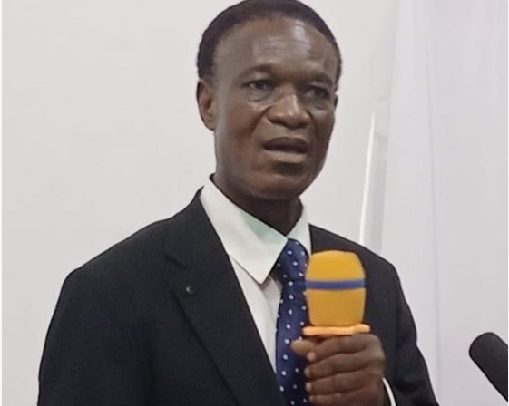

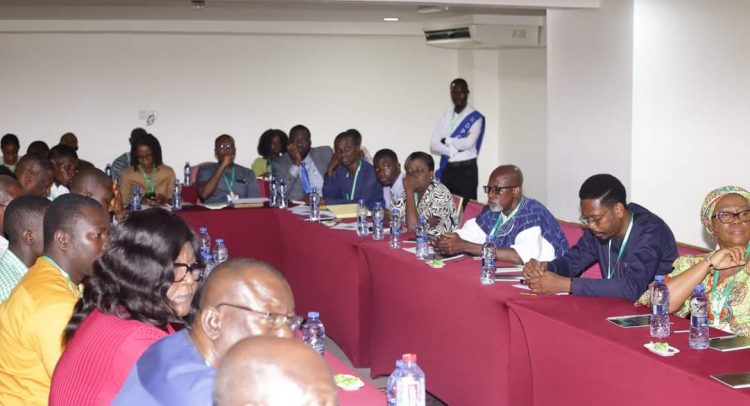
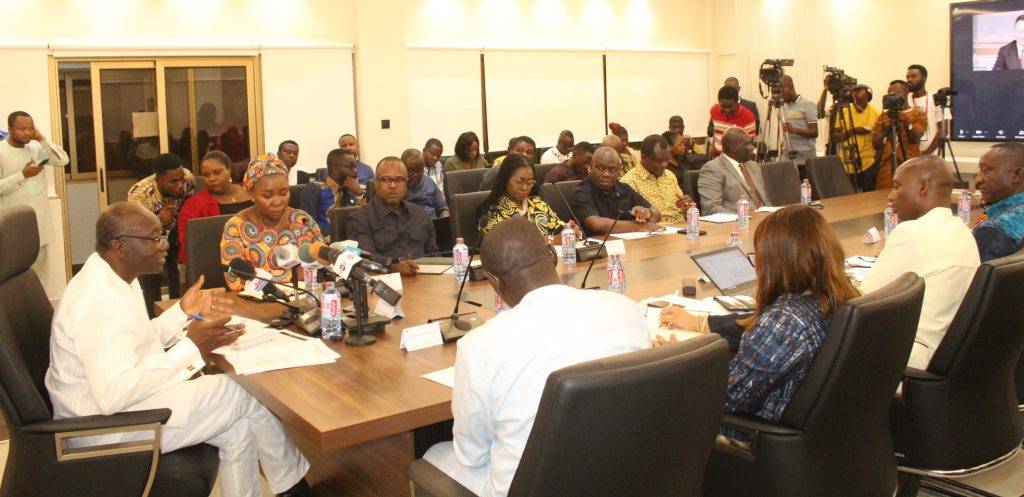


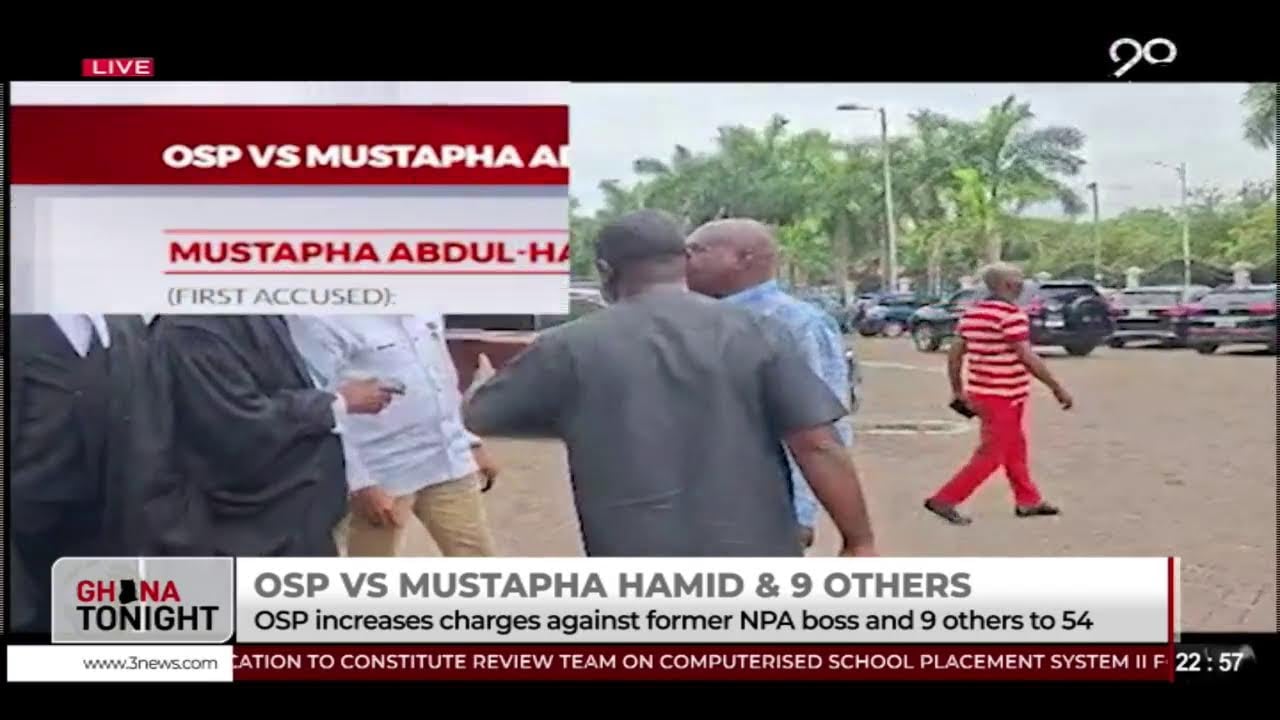
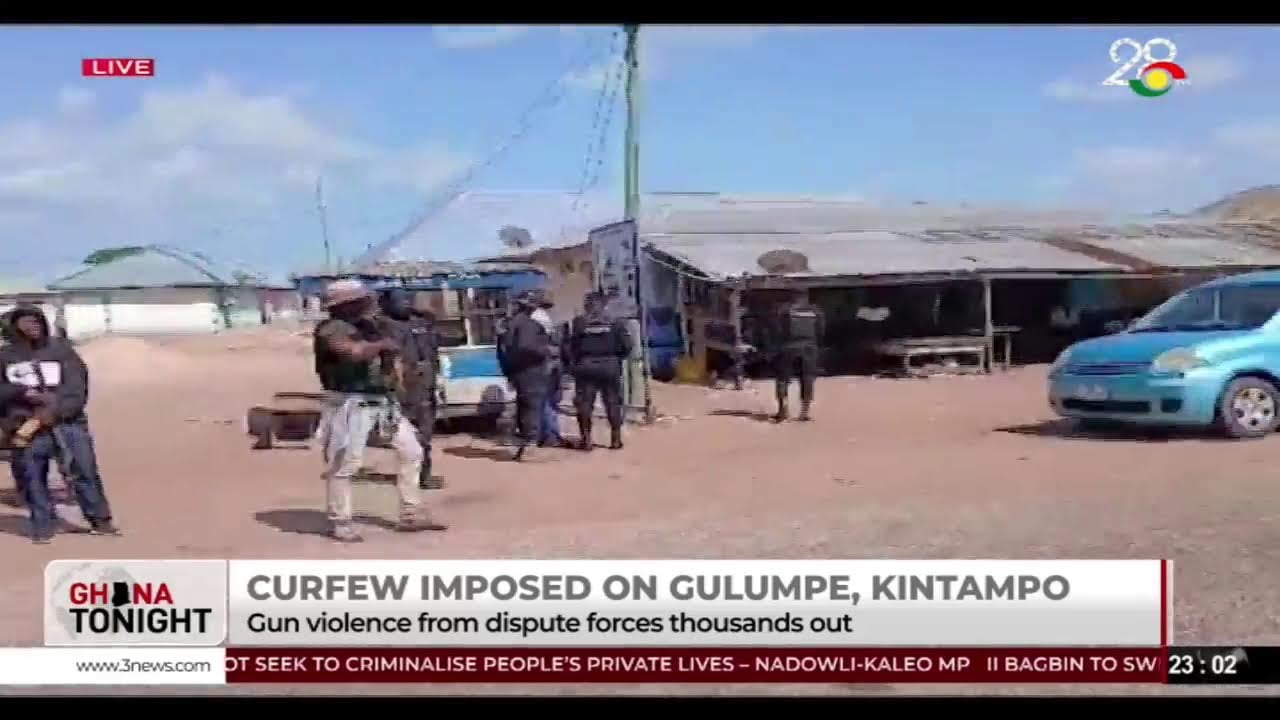
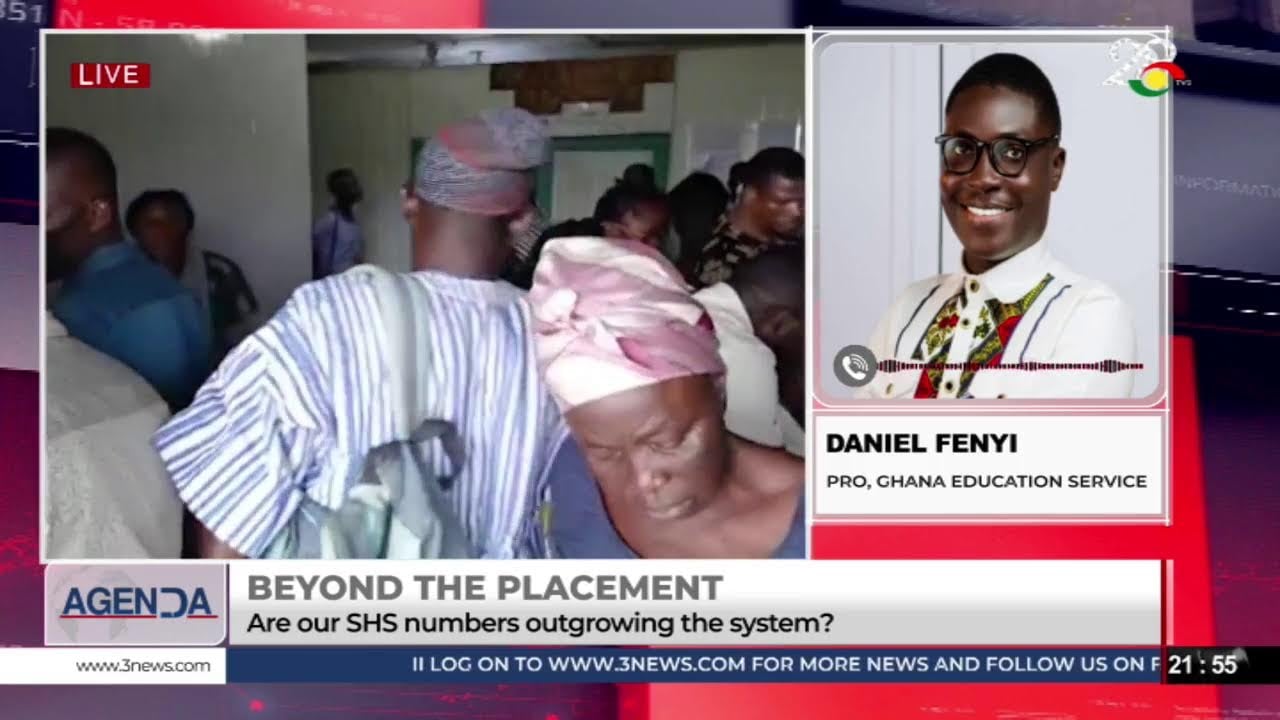


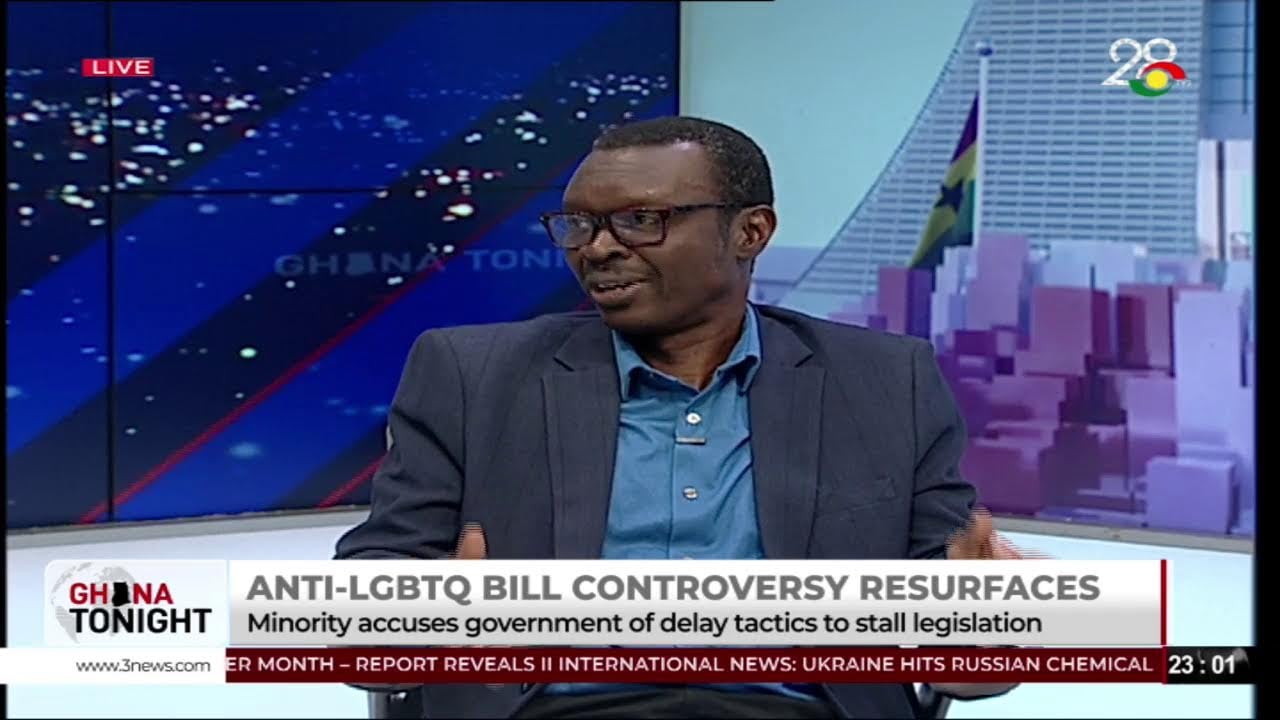
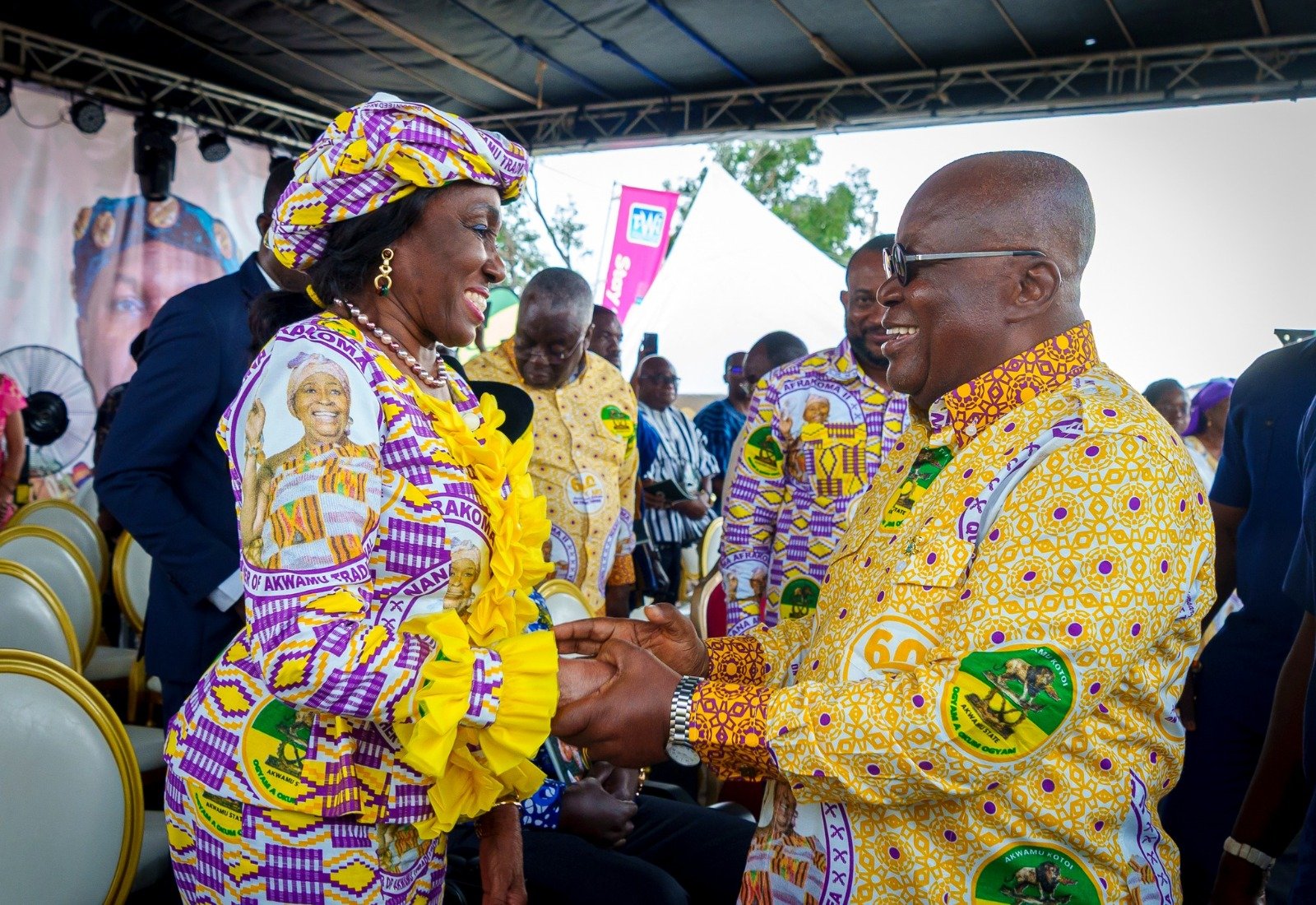




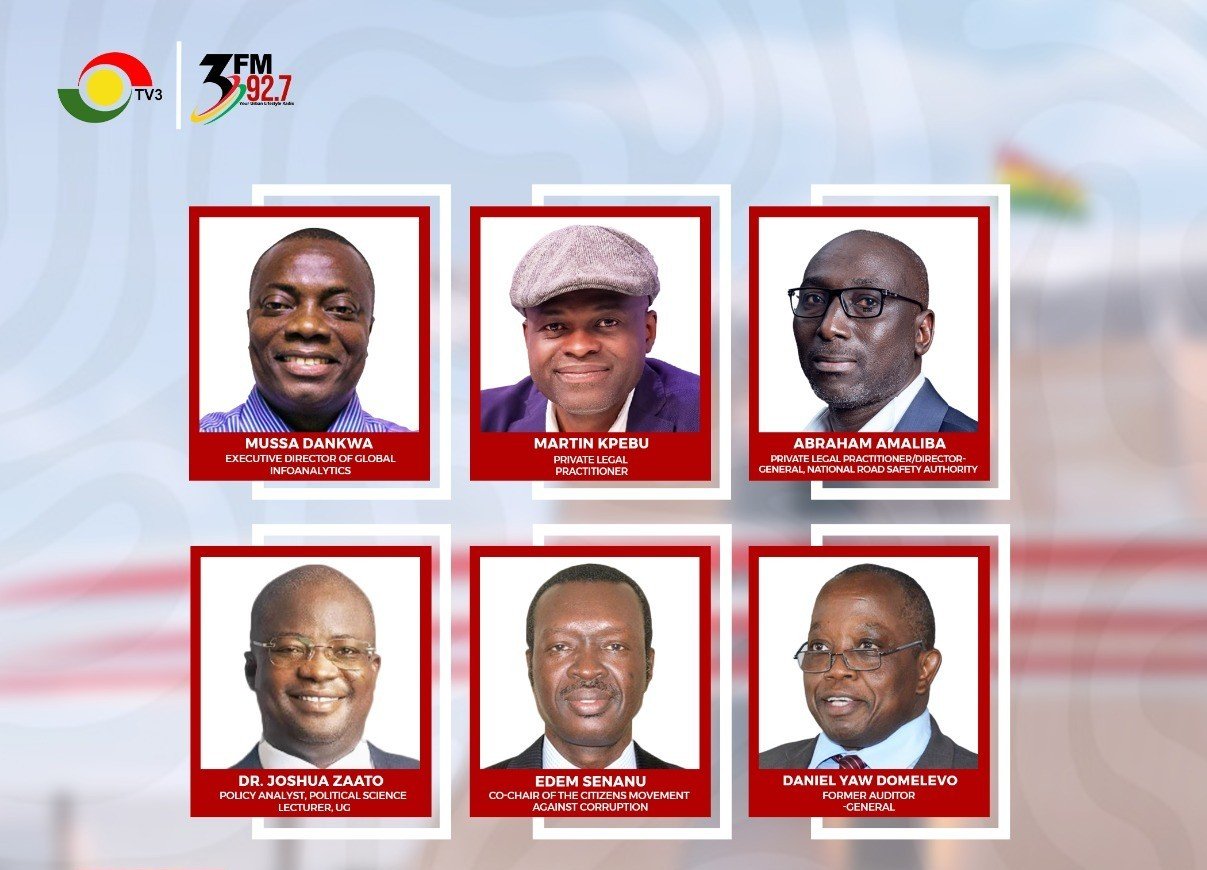

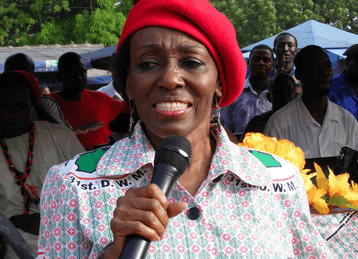

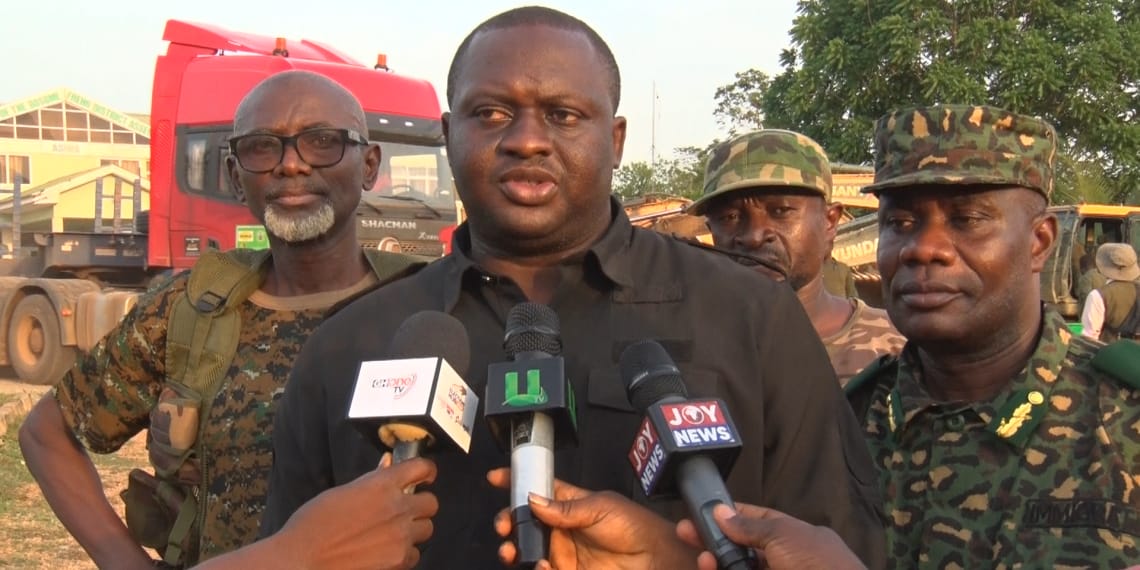


Facebook
Twitter
Pinterest
Instagram
Google+
YouTube
LinkedIn
RSS